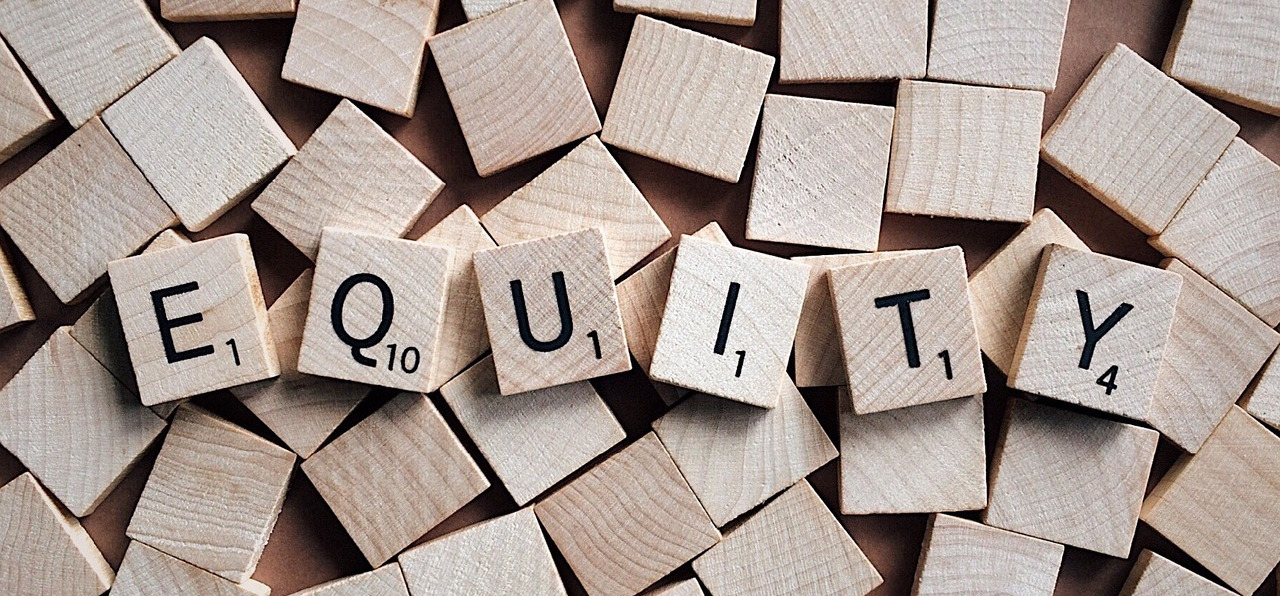Embracing Progress: Acknowledging America's Past Shapes a Better Future
The United States is the greatest nation in the world. I truly believe that. Our predecessors laid the foundation of our country with a vision of freedom and opportunity. However, this vision was often limited by the people and politics of those past eras, marred by the injustices of slavery, racial segregation, gender discrimination, and other societal inequities. These historical injustices were not mere blemishes but systemic issues that shaped the lives of countless individuals, and they continue to influence our society today.
I am uneasy about the current belief by some in the media that, to be patriotic, we must turn our sight away from the injustices of the past and their current impacts on our society. Acknowledging the flaws in our democracy, both historic and modern, is not an act of unpatriotic criticism. Instead, it is an embrace of truth and a necessary precondition for genuine progress. Acknowledging the struggles of others, and by turn looking to others to assist us with our own challenges, is part of what binds us together as a nation. By recognizing the mistakes of the past, we not only gain the insights needed to ensure they are not repeated, but we gain knowledge about what else we can do to improve our nation. This process of reflection and acknowledgment is a catalyst for change, inspiring movements that strive for a more inclusive and fair society.

I am also inspired by a growing awareness and sensitivity in recent years towards the complex layers of our shared American history. Like many of us, my great-grand parents came to America long after many of the issues facing our nation were entrenched, yet I am enlivened that so many people like me consider events that took place before our families set foot on this soil 'our' history. People who acnowledge that even though we may have inherited these complex problems from others, it is our shared responsibility to fix them. For instance, in my town of Brookline, educators are increasingly incorporating a more holistic view of the past, one that includes the voices and experiences of those who were marginalized. This shift in perspective is not about rewriting history but about expanding it to include the narratives of all those ancestors who have shaped this nation.
This acknowledgment of the faults of our past extents to play a critical role in how we as a society collectively create a more perfect union. It informs lawmakers and leaders in creating legislation that addresses historical injustices and their present-day implications. Policies around affirmative action, voting rights, and criminal justice reform, for example, are deeply rooted in an understanding of past inequalities and are crucial steps towards rectifying them.
In the political arena, this acknowledgment demands honesty and humility from us and our leaders. At times we must accept that, due to the blunt nature of some of the policy tools available, there will be situations where legislation may solve one problem while creating others. Aspiring politicians and current officeholders must be willing to confront uncomfortable truths and engage in dialogues that foster understanding and reconciliation. It's a testament to the strength of a nation when its leaders can acknowledge past mistakes and commit to a path of improvement.
Our America, while built from the physical and institutional structures of the past, embodies a spirit of evolution. This evolution is marked not by erasing history but by learning from it. It's an America where acknowledging the wrongs of the past is a beacon of hope, signaling a commitment to building a more just and equitable society.
As we look forward, my hope is we can remember that the greatness of America lies in its capacity for self-examination, change, and growth. By acknowledging the faults of our past, we pave the way for a future that is more inclusive, understanding, and just. This is the America we are building – an America that learns from its past to create a better tomorrow for all.
Was this a good read? Please buy me a coffee!
